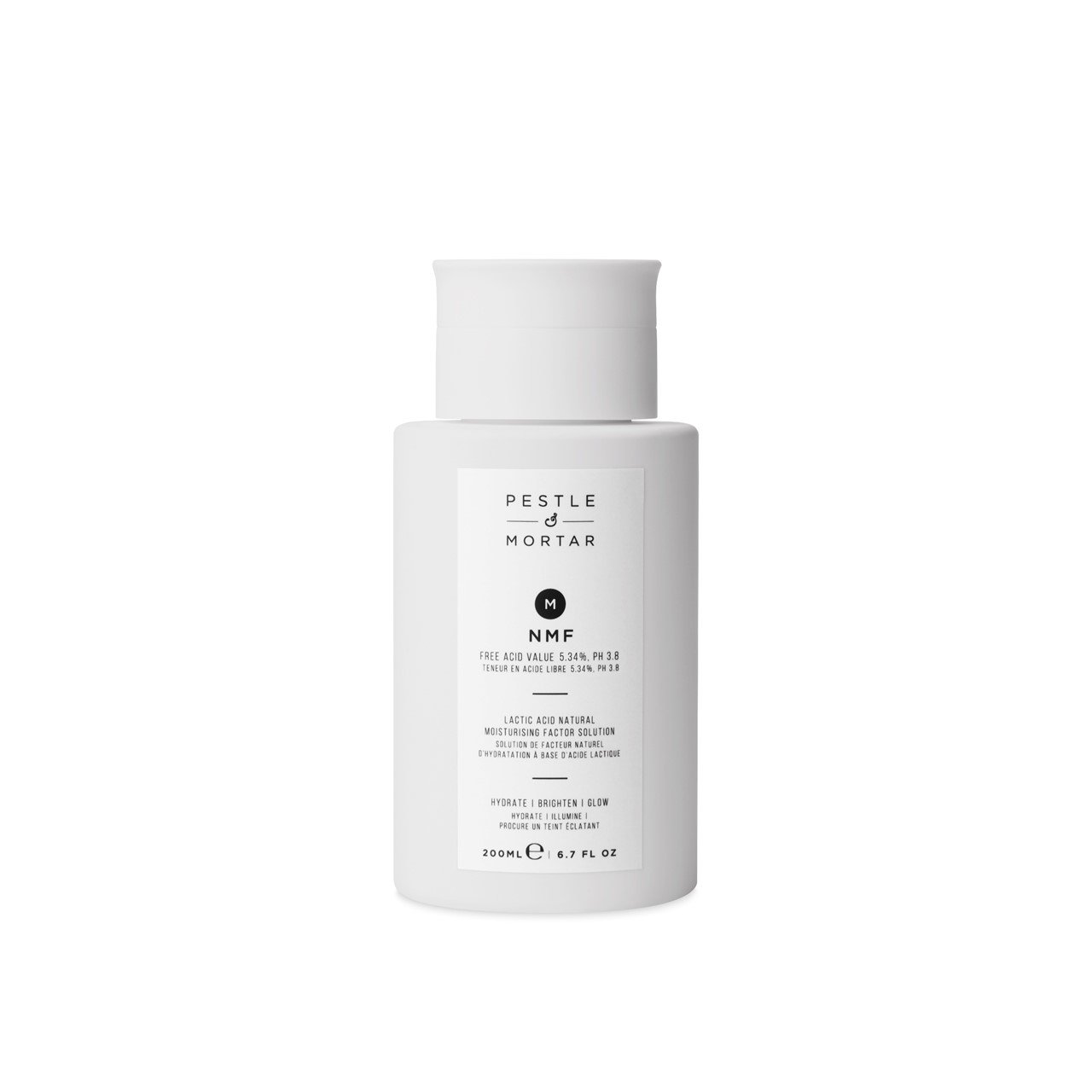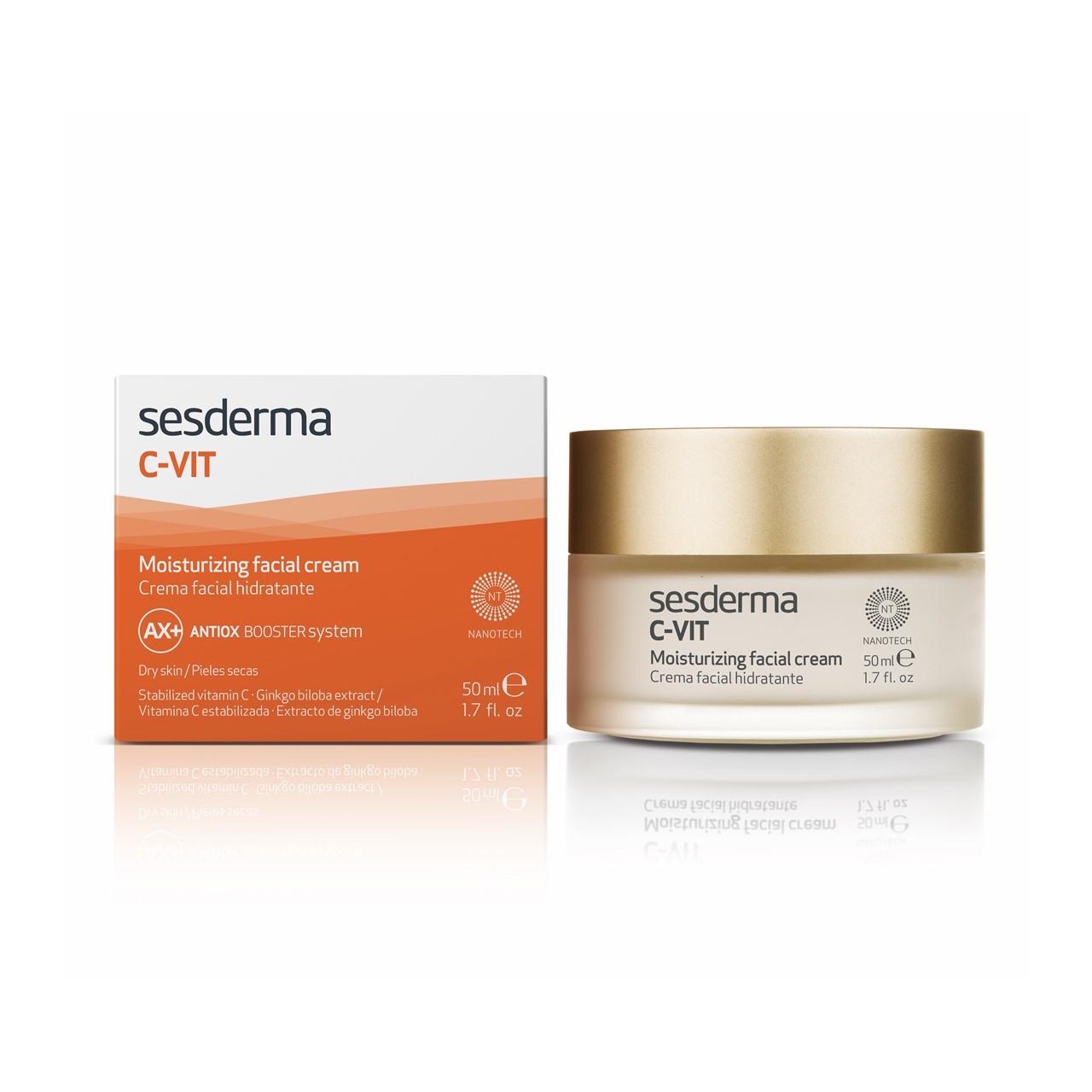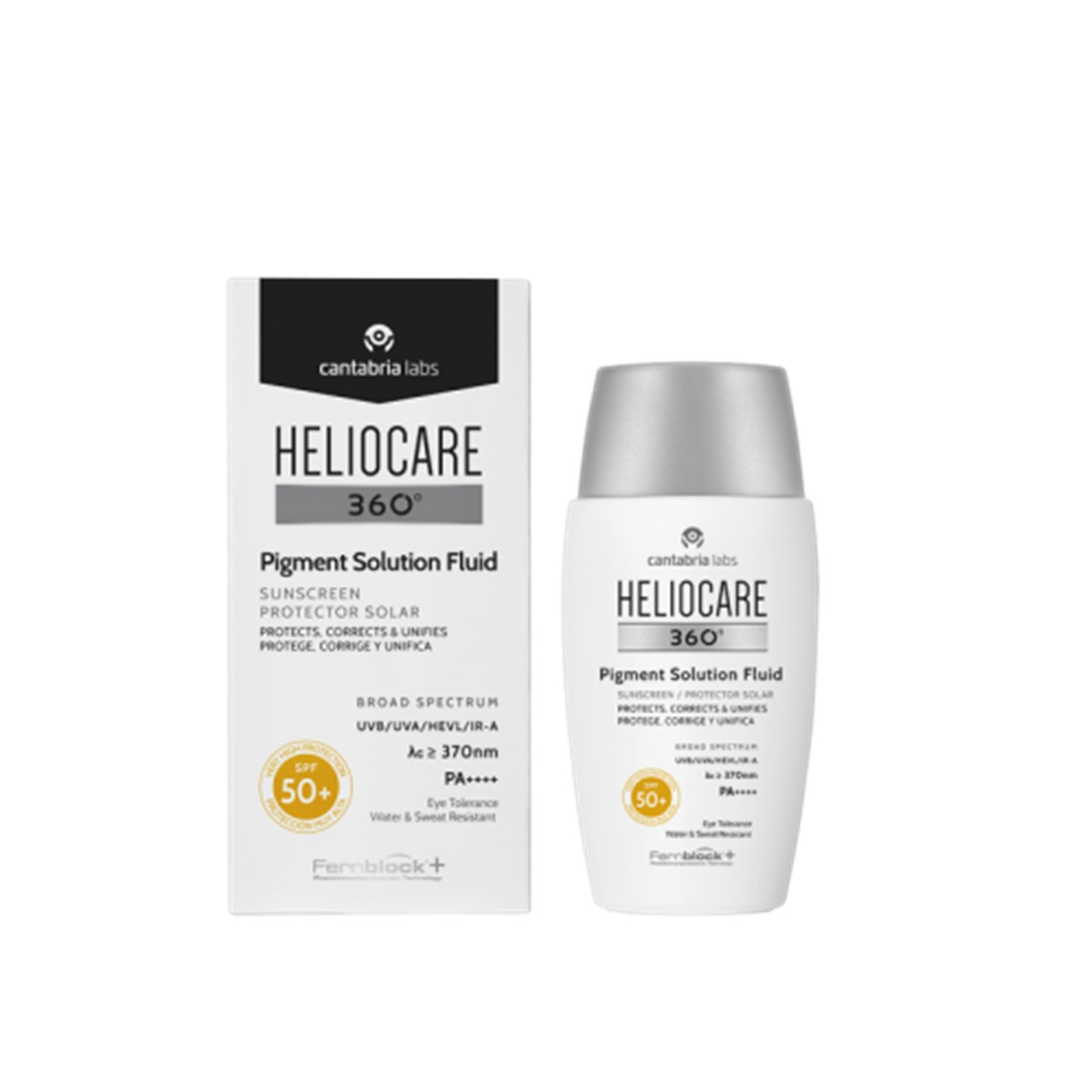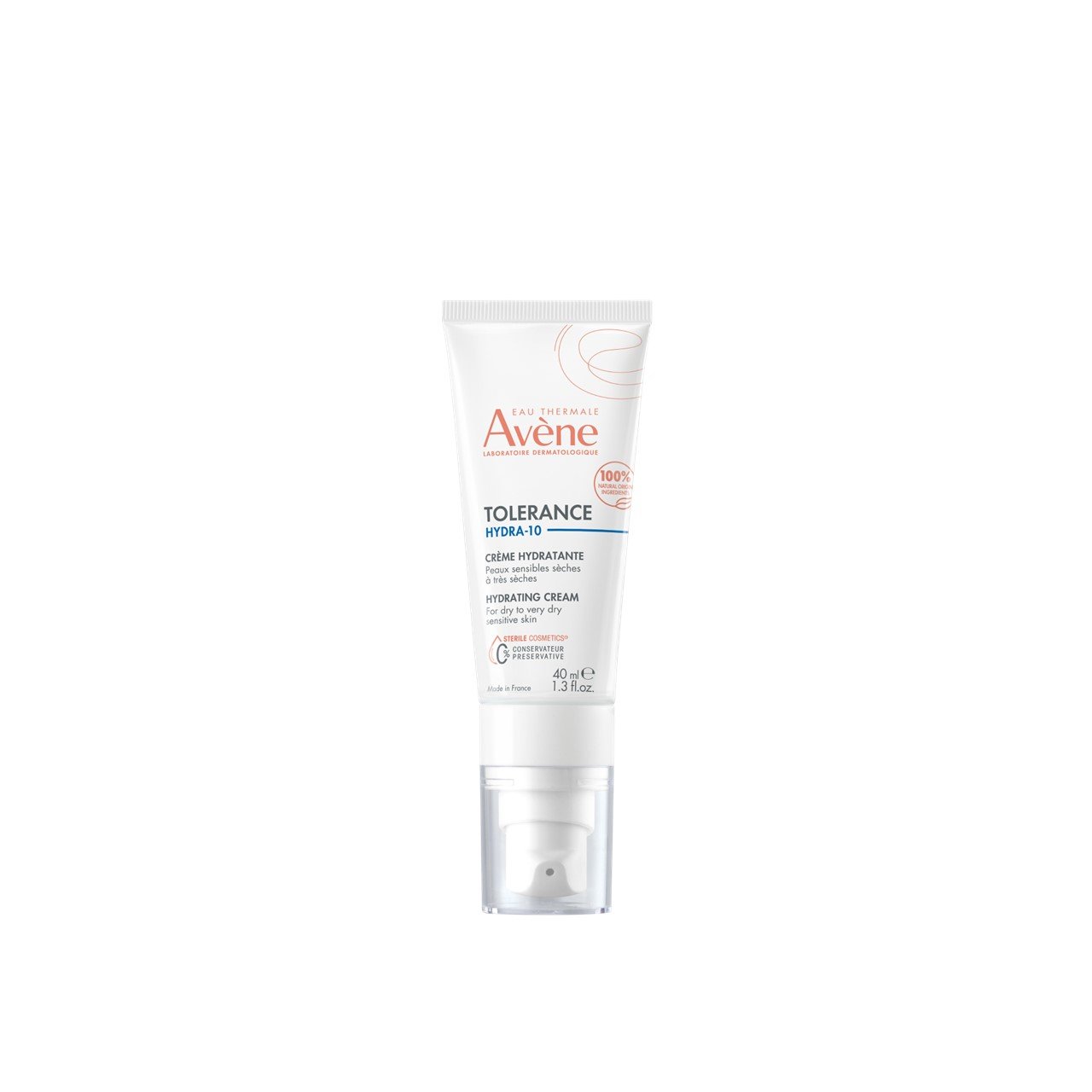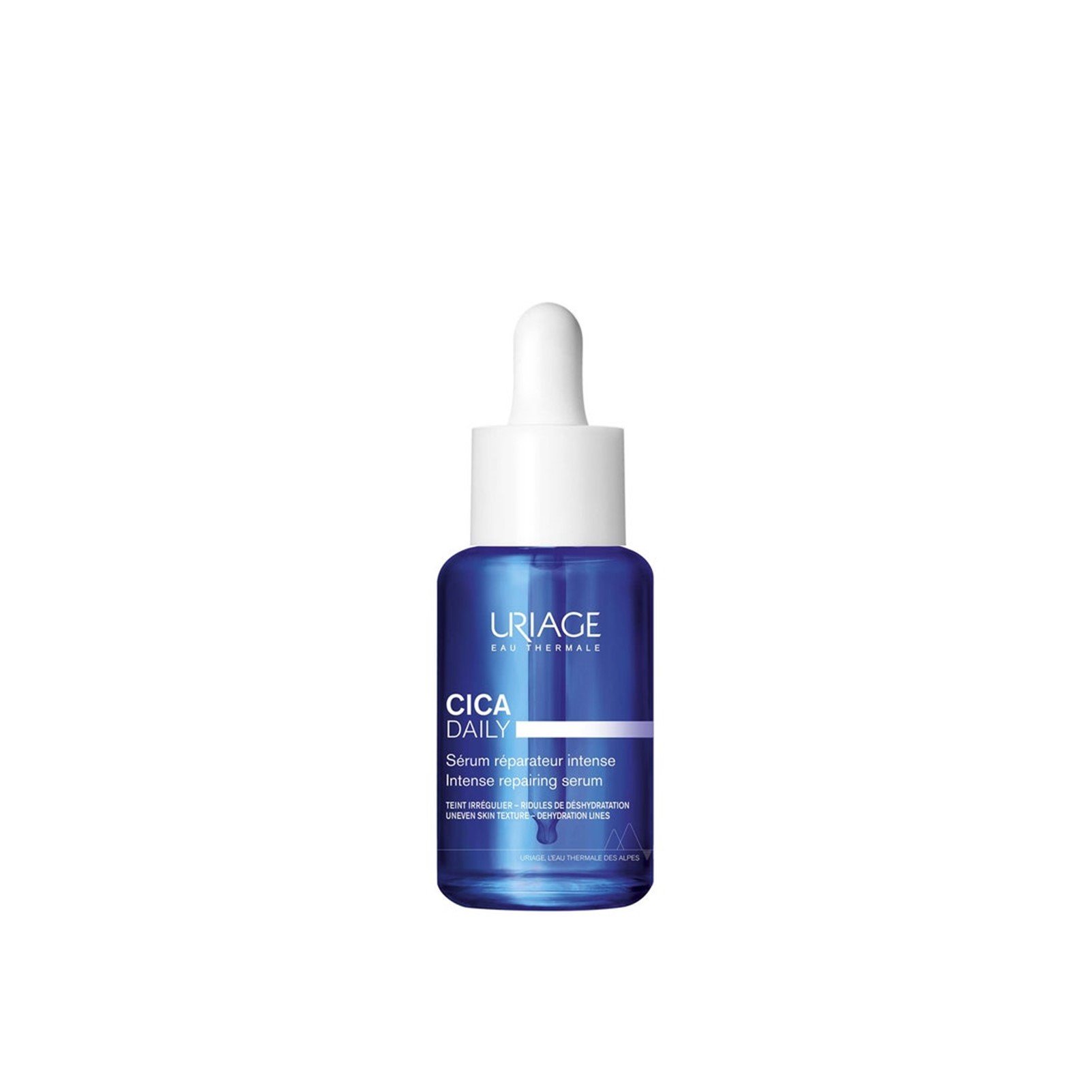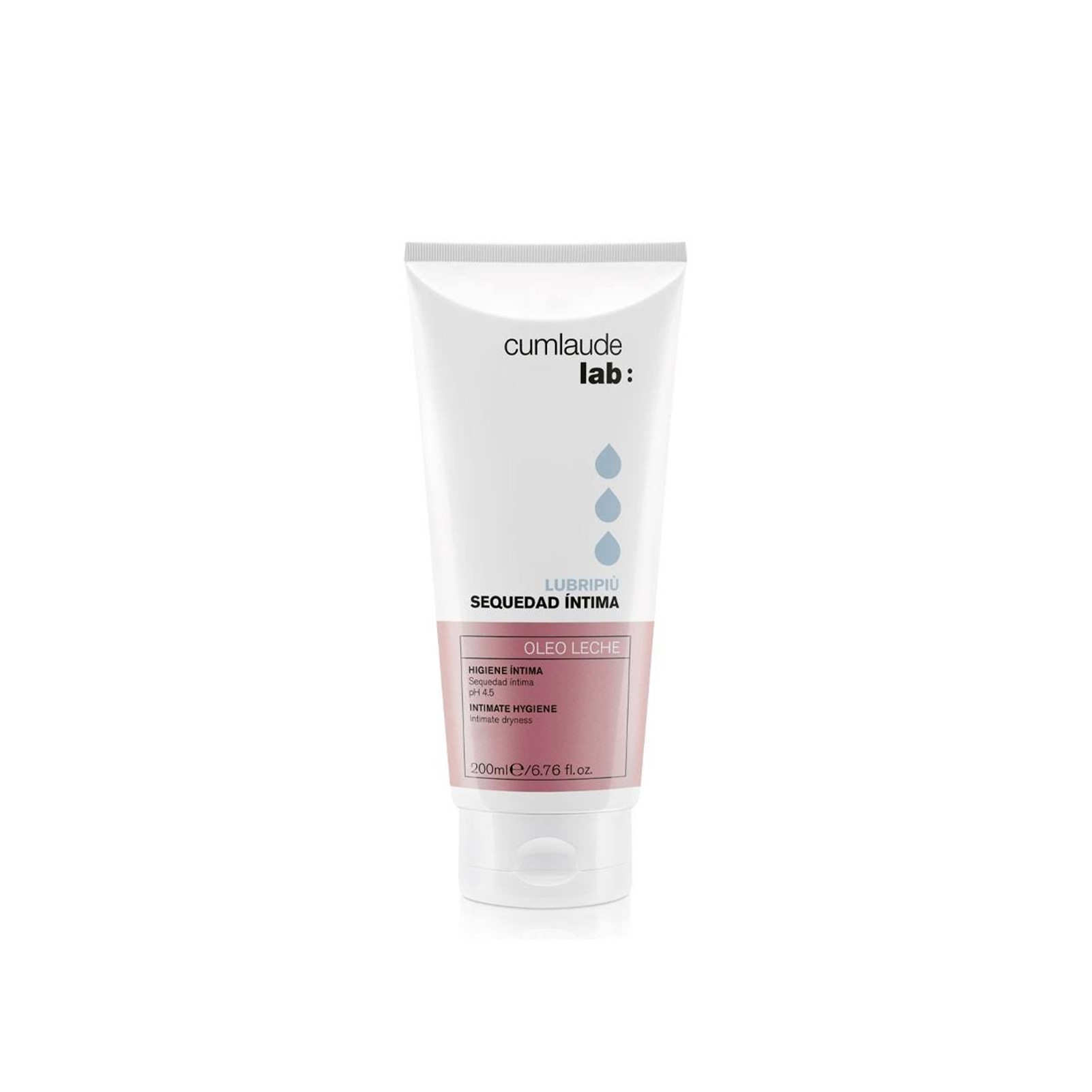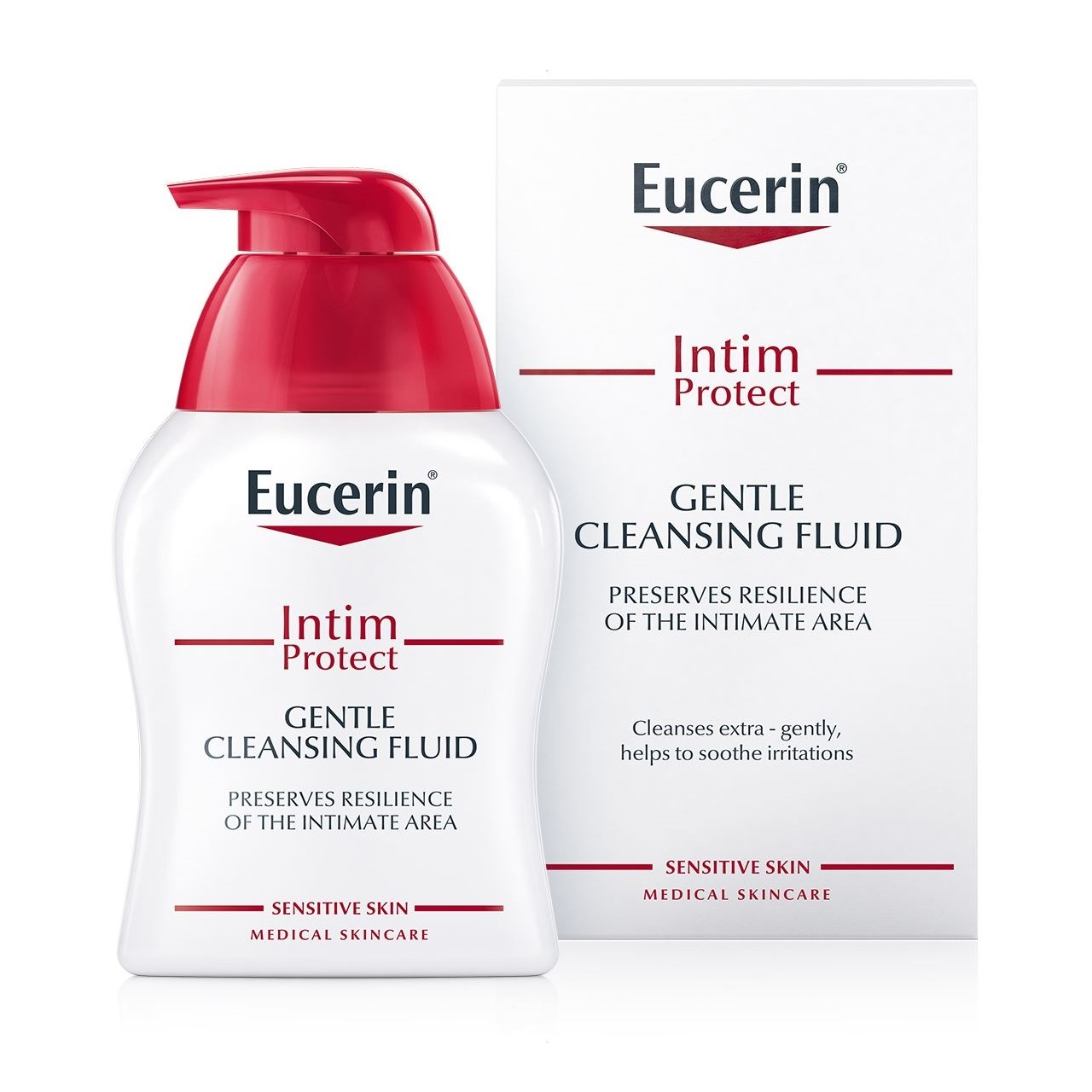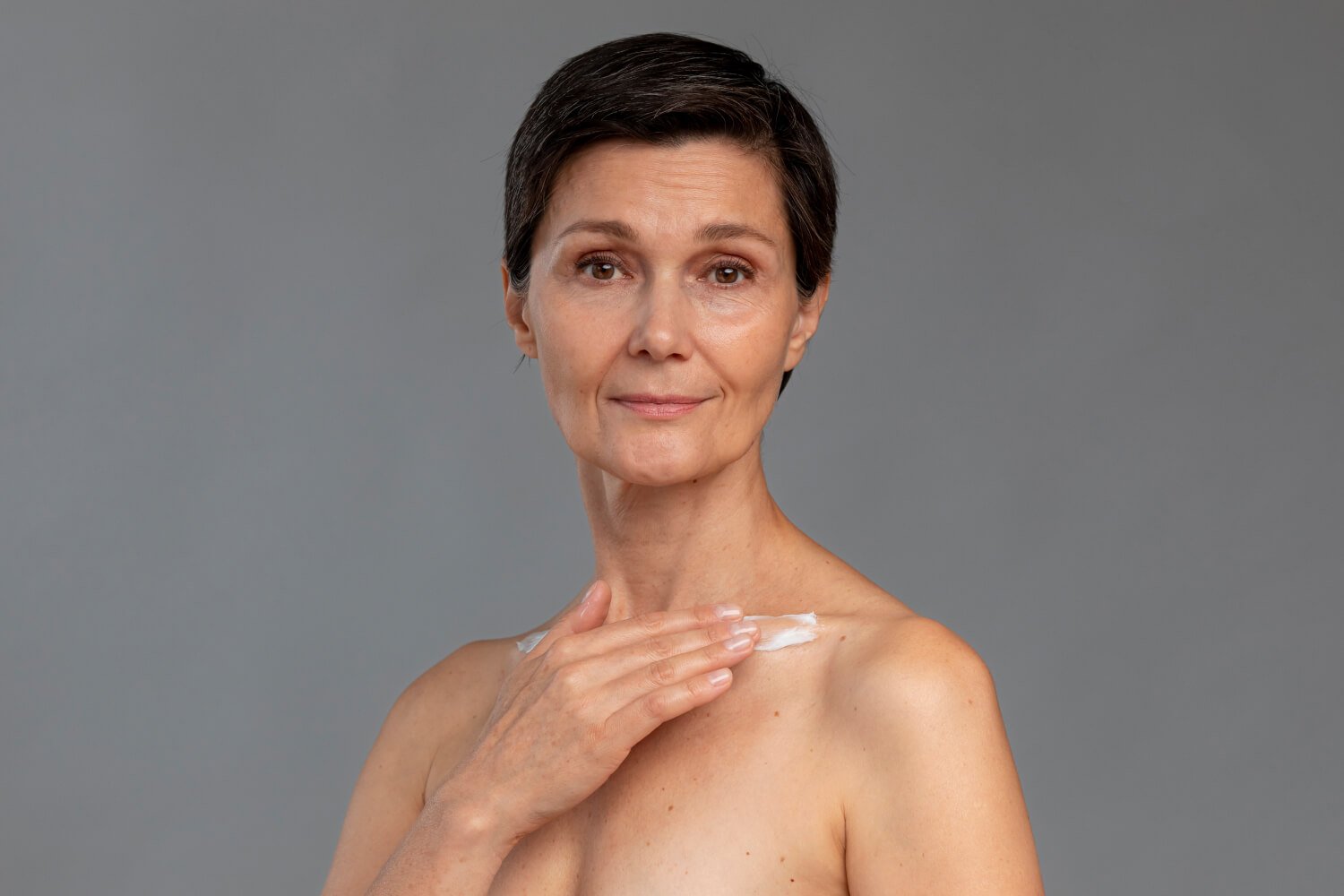
We’ve long known that menopause, a natural change in the body that results from hormonal changes as we age, causes more than just the end of menstrual periods. There are many other physiological changes associated with menopause, some of which–unsurprisingly–affect the skin. But it wasn’t always easy to find solutions to address these changes. While there are skincare brands today designed specifically for those going through the transition from perimenopause to postmenopause, a few years ago you might have struggled to even find any information to help you adjust your self-care routines after menopause. Here at Care to Beauty, we believe that skincare routines should adapt to your needs at every stage of life, so we’re here to guide you through some options. If you’d like to understand how menopause affects your skin, and how best to care for your skin during this phase, keep reading.
Table of Contents
What happens to your skin during menopause?
First things first, let’s start by defining menopause. Menopause isn’t an event in itself; it’s more of a life stage, a transitional phase associated with hormonal changes that affect the body in various ways. Conventionally, we can say that a person is postmenopausal when they haven’t had a menstrual period for at least 12 months. This usually happens between 45 and 55 years of age, but there’s quite a bit of variation.
Scientifically speaking, menopause occurs due to the body’s decreased production of the hormones estrogen and progesterone. This triggers a series of cascading effects, with the most common physical changes associated with menopause including the end of menstrual periods, the onset of night sweats and hot flashes, sleep problems, intimate discomfort, and, in the long term, loss of bone density.
And because the skin is also an organ, it is also affected by menopause:
- Lower estrogen levels result in dry and fragile skin, with a greater tendency to develop wrinkles and lose firmness over time;
- Lower levels of DHEA (dehydroepiandrosterone) exacerbate these effects;
- Higher cortisol levels increase the skin’s tendency to develop inflammation. This also contributes to dry skin and increased wrinkle development.
In short, skin during the menopause transition tends to become thinner, duller, and drier, as well as more prone to wrinkles, loss of firmness, and dark spots. These changes will also affect the scalp–which, of course, is also skin. The hair will tend to become thinner and finer, and the scalp will be more prone to flaking.
Common skin conditions during menopause
In addition to the skin changes associated with menopause, there are several skin conditions that can manifest differently, or more intensely, during this phase: acne and rosacea might grow harder to manage, just like dark spots and hyperpigmentation. Likewise, feelings of discomfort, tightness, and itchiness may become common.
Menopause skincare: How to target skin changes
Given that many of the skin changes you’ll experience during menopause are related to hormonal factors, we recommend consulting your doctor to see if there’s any way to counteract them. If you also choose to address these changes with skincare, here are some options:
Dry skin
As we mentioned, dry skin is one of the most common signs of hormonal changes during menopause. Depending on your skin type, this may be the first time in your life that you have to deal with dry skin and the associated discomfort and tightness.
To better manage dry skin, we recommend opting for deeply hydrating and nourishing products with richer, heavier formulas than you’re used to. This applies to both your face and body: don’t hesitate to reach for luscious facial oils or heavy body butters and balms!
Wrinkles
With drier, more fragile skin, the propensity to develop wrinkles increases. During menopause, as in any other stage of life, the way to combat wrinkles with skincare is the same as always: retinol remains the gold standard, but other ingredients, such as peptides, also show a lot of promise.
Dull skin
With all the changes that occur during menopause, the skin also tends to lose its radiance, taking on a duller, more tired appearance. If you want to restore some glow to your complexion, you have two options: opt for exfoliants to renew the surface layers of your skin (think lactic acid, for example), or antioxidant ingredients known to act as “radiance boosters” (like the famous vitamin C). If you don’t want to choose, you don’t have to: use both!
Dark spots & hyperpigmentation
Preventing and correcting dark spots always comes down to the same two recommendations: wearing a very good sunscreen during the day, and then applying a very good depigmenting serum at night. If you have to choose one, we recommend sunscreen; sun protection does more for your skin than just prevent dark spots, and there are many sunscreens out there that already contain depigmenting ingredients!
Overly sensitive skin
It’s extremely common for people in menopause to feel that their skin is overly sensitive. If that’s you, don’t revolutionize your whole skincare routine just yet! Try a couple of products without fragrance and without essential oils first; these ingredients can be sensitizing to some, so avoiding them might just be the solution. If that doesn’t help, then it’s time to turn to gentler skincare: we like barrier-repairing serums and creams from French pharmacy brands, which are known for their mild formulas specifically made for sensitive skin.
Intimate discomfort
Menopause can bring about some urinary and genital symptoms, some of which can manifest as dryness and intimate discomfort. In these cases, it may be helpful to switch your intimate cleanser to a gentler, more moisturizing option; if you don’t use a dedicated intimate cleanser, it may help to look for one that helps maintain hydration in the intimate area.
Do you need to use products specifically made for menopausal skin?
We mentioned earlier that there are now brands and entire skincare lines that market themselves as ideal for menopause–but do you actually need them? The short answer is no. The long answer is a bit more nuanced: while many of the skin concerns associated with menopause can be treated with skincare products suitable for most ages, the truth is that it may be easier to find what you need if you restrict your search to skincare lines made specifically for mature skin.
To sum it up: you don’t need to use menopause-specific skincare, but it can offer a useful shortcut.
Makeup for mature skin: What you need to know
Apart from skincare, menopause can also bring about some changes that influence your makeup routine. As your skin ages, its density and texture may change, so you may have difficulty applying makeup as usual. If this sounds like you, don’t worry: our resident makeup artist is happy to share some tips on how to do makeup on mature skin.
Pharmacy Technician & Beauty Writer


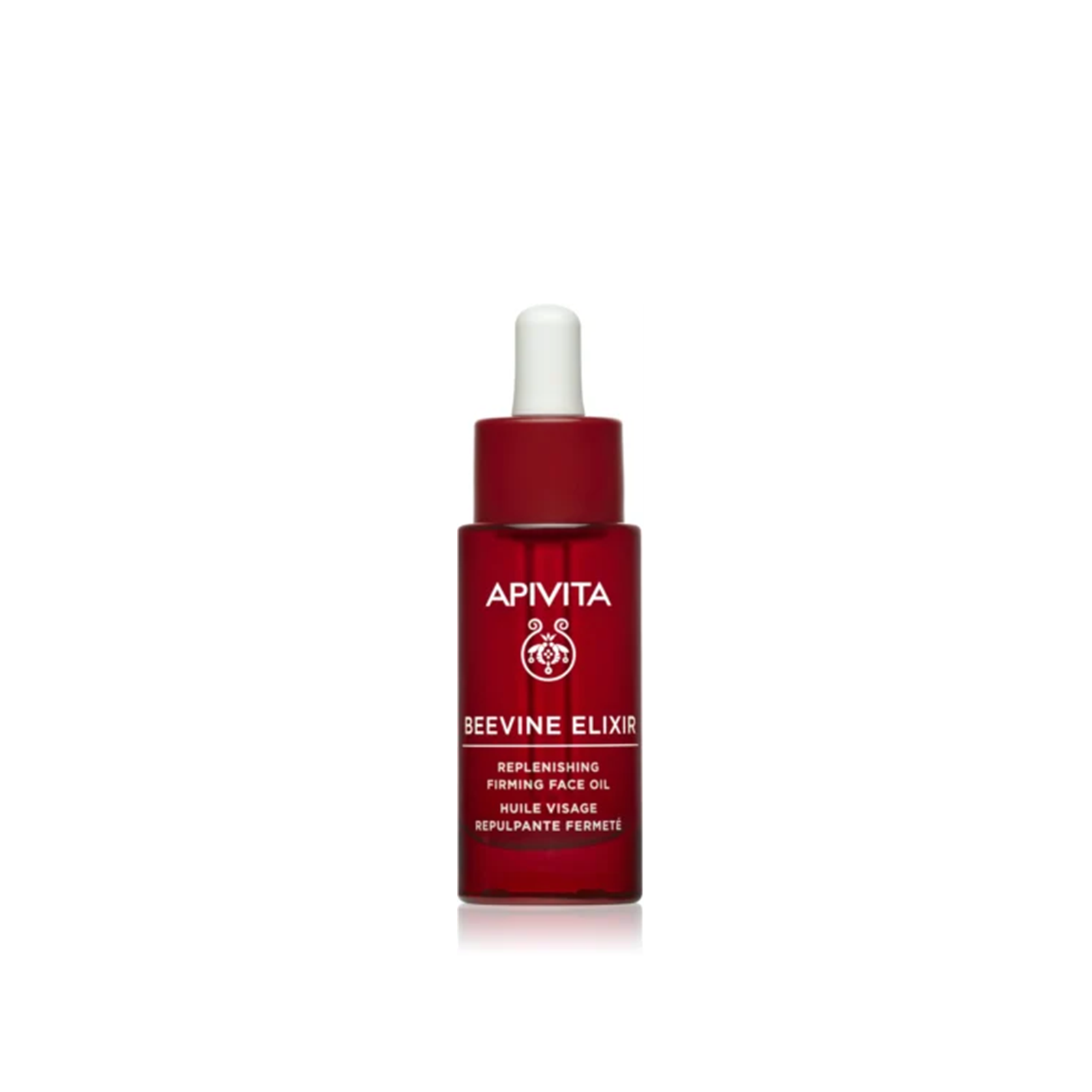


![Sensilis Eternalist A.G.E. [Retinol] Intensive Antiaging Cream 50ml](https://static.beautytocare.com/media/catalog/product//s/e/sensilis-eternalist-a-g-e-retinol-intensive-antiaging-cream-50ml.jpg)
